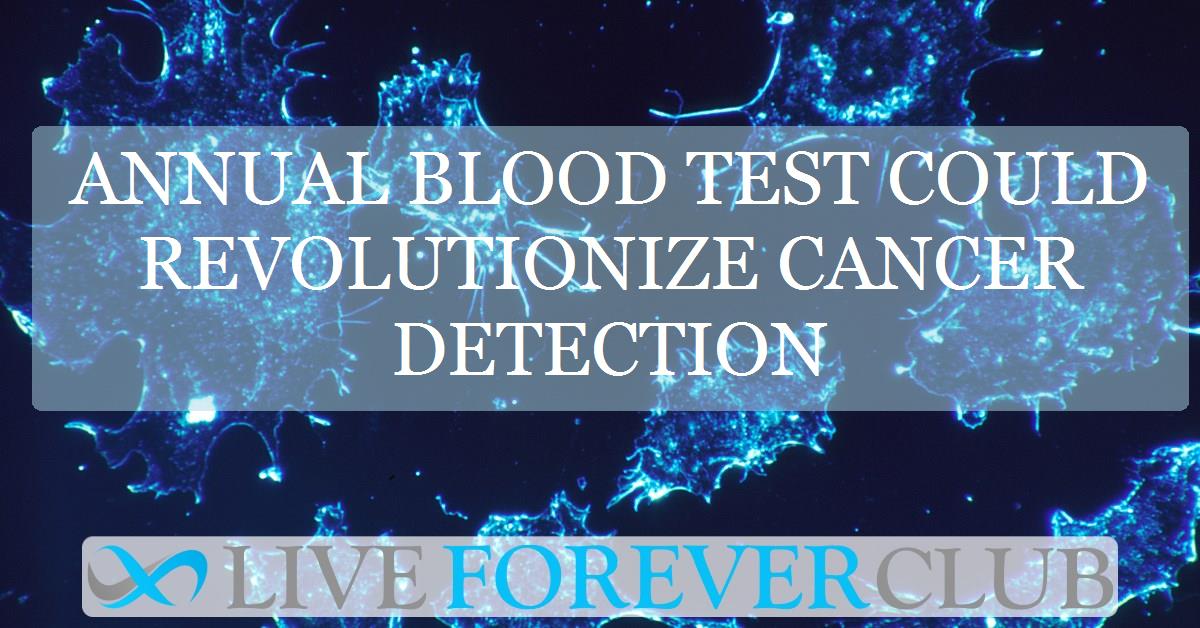Key points from article :
A new study published in BMJ Open suggests that a simple annual blood test could dramatically improve early cancer detection and reduce deaths. Led by Professor Peter Sasieni of Queen Mary University of London, the research used mathematical modelling to predict how multi-cancer blood screening might impact people aged 50 to 79. The results are promising: annual screening could reduce late-stage cancer diagnoses by nearly half and cut cancer deaths by 21% over five years.
The study modelled how cancers—ranging from breast and bowel to pancreatic and leukaemia—progress at different speeds, and how regular blood testing could catch them earlier. Even screening every two years showed significant benefits, though not as pronounced as annual testing.
This research comes as the NHS trials new early detection tests like Galleri and miONCO-Dx. These tests work by detecting tiny traces of cancer DNA or RNA in the blood using advanced molecular biology and AI. The hope is that these tests could be rolled out nationwide by 2032, offering doctors a way to detect cancer before symptoms appear—when treatment is most effective.
Experts like Dr. David Crosby from Cancer Research UK say the findings are encouraging, but emphasize the need for large-scale clinical trials to confirm the benefits and guide future healthcare policy.








